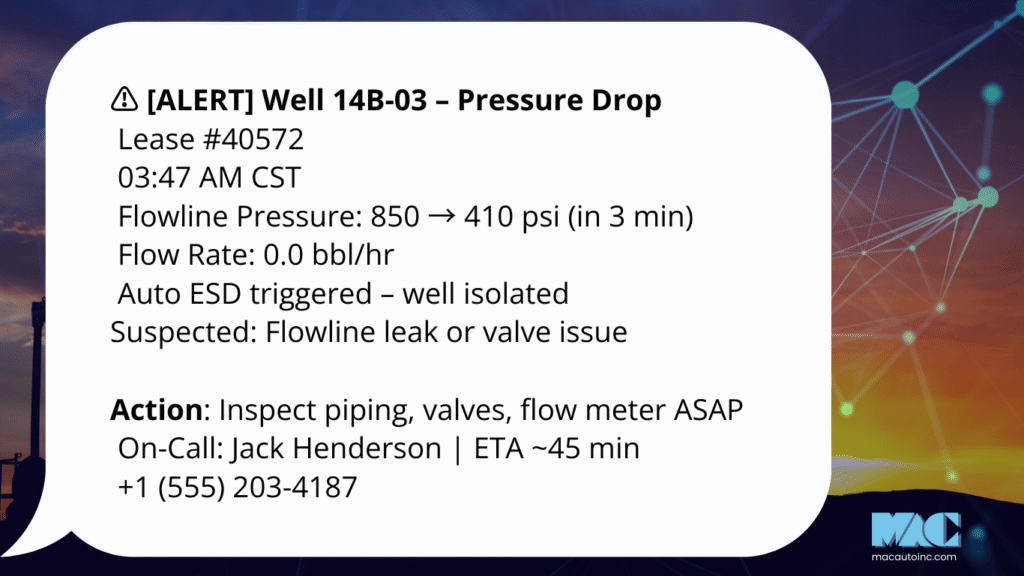Industrial Automation
Facing high costs due to manual processes?
Contents
ToggleWhat is Industrial Automation?
Industrial Automation (IA) is the use of computers and information technologies to handle different processes and machinery in an industry to replace a human being. Implementing IA can streamline operations, increase production speed and efficiency, and reduce the likelihood of errors, aiming to optimize productivity and ensure consistent quality.
About industrial automation systems
Programmable Logic Controllers (PLC)
A PLC is a specialized computer used to control machines and industrial processes. It’s designed to handle harsh environments and can be programmed to perform specific tasks, like starting and stopping machinery or monitoring the production process, based on the inputs it receives from sensors and switches.
Remote Terminal Units (RTU)
An RTU is a device used to monitor and control equipment at remote locations, usually as part of a larger control system. It collects data from sensors, executes simple control commands, and communicates this information back to a central control system, enabling remote management of various processes.
An RTU is a device used to monitor and control equipment at remote locations, usually as part of a larger control system. It collects data from sensors, executes simple control commands, and communicates this information back to a central control system, enabling remote management of various processes.
Human Machine Interface (HMI)
An HMI is a dashboard that allows users to interact with machines and processes. It provides a visual display of system data and controls, enabling operators to monitor and manage industrial operations directly.
Control Systems Engineering
Control system engineering focuses on designing, developing, and implementing process control systems. This discipline uses principles of control and automation to design systems that can adjust their operation based on changes in the environment or process, ensuring efficient and reliable functioning across various applications.
Industrial Protocols
Industrial protocols are standardized methods that allow devices in automation systems to communicate, ensuring interoperability among various manufacturers’ equipment. These protocols support real-time, reliable communication crucial for continuous industrial processes.
Industrial Automation Case Studies
Commonly Asked Questions about Industrial Automation
A control system is a component of automation. Control systems provide the necessary feedback and control mechanisms, while automation is the broader concept that uses these systems to reduce human intervention and increase efficiency in processes. Automation often relies on multiple control systems to manage different parts of an industrial operation or process.
Control systems are essential for industrial automation as they enhance precision and consistency in production, ensuring products meet strict quality standards. They boost efficiency and productivity by automating tasks, reducing human error, and optimizing resource use. Additionally, control systems improve safety by managing hazardous operations and provide valuable data for optimizing processes. These systems are crucial for enabling flexible, scalable operations that adapt to changing demands and integrate new technologies efficiently.





 MAC Automation
MAC Automation MAC Engineering
MAC Engineering